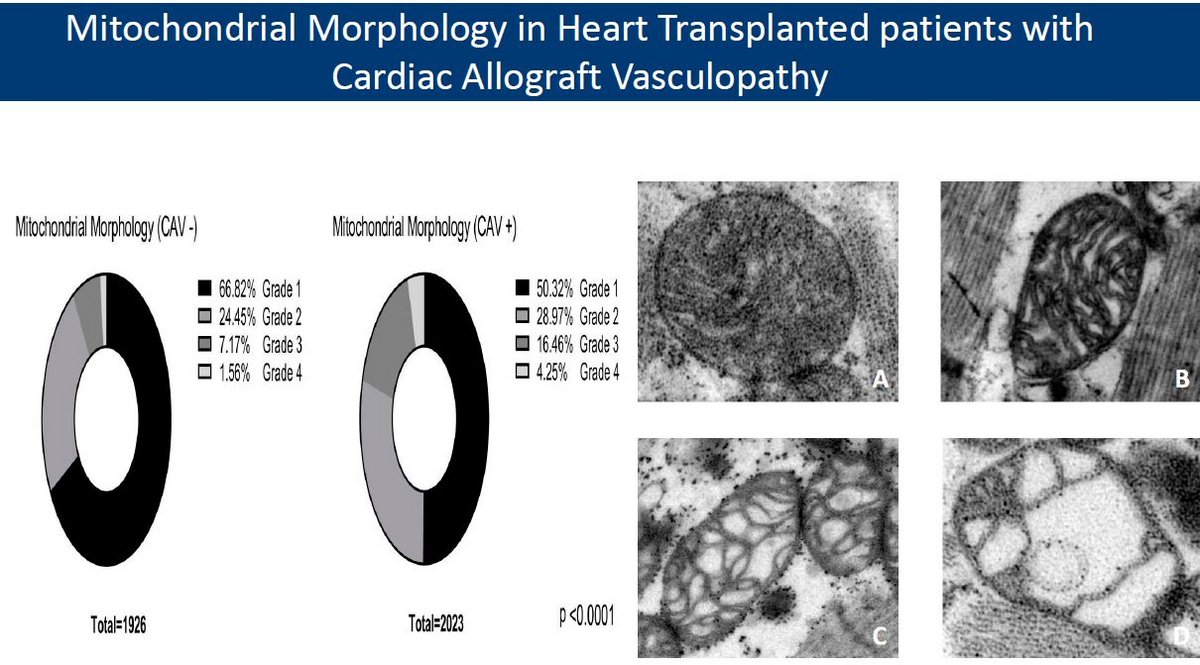Patients
Groups and research environments within the network that perform research in prevention, diagnostic tools, and therapy of cardiovascular diseases in patients.
If you would like your research group featured here, please contact Jacob Fog Bentzon.
Cardiovascular Magnetic Resonance Imaging
We focus on development and application of MR based methods for examining the cardiac muscle, flow patterns in the heart and vessels, and metabolism of the myocardium. This is obtained partly by applying traditional methods based on proton MR and more advanced methods based on other nuclei and hyperpolarized MR. The research spans from basic experiments in small animals and pigs to human studies in volunteers and patients. Examples are projects for measuring flow patterns around artificial heart valves, development of methods for distinguishing damaged myocardium from healthy and studies of cardiac energy metabolism using hyperpolarized MR.
Key research methods
- Magnetic resonance imaging
- Functional cardiac measurements
- Hyperpolarized MR
Please contact Christoffer Laustsen for more information
Cardiac Rehabilitation in Primary Healthcare Centres
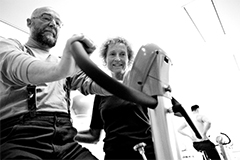
Our research group focuses on Cardiac Rehabilitation in primary healthcare centres with a focus on Phase II Cardiac Rehabilitation and the links to hospital and phase III.
Our research focuses on Cardiac Rehabilitation in the municipality healthcare centres.
We hold a special interest in a range of factors that influence Phase II Cardiac Rehabilitation such as
- Factors associated with non-participation in and dropout
- Test of maximal aerobic capacity in primary healthcare centres
- Validity of test in primary healthcare centres
- PRO in Cardiac Rehabilitation
- Cardiac Rehabilitation to patents with comorbidity, especially diabetes
- Inequality in rehabilitation
- The use of clinical database to improve quality of Phase II Cardiac Rehabilitation
We are also interested in the organization of health care that influence the course of cardiac rehabilitation and health of patients with CVD. We explore how initiatives to prevent inequality in health and better course of rehabilitation are best implemented.
How do municipality healthcare centres deliver the right care to the right patients at the right time in the most efficient way.
Key research methods
- Rehabilitation of patients with CVD, especially focusing on primary healthcare centres
- Everyday life living with CVD
- Research in organizational conditions' influence on an effective treatment of patient with CVD
- Collaboration with municipalities
Contact professor Thomas Maribo for more information.
Cardiovascular Thrombosis
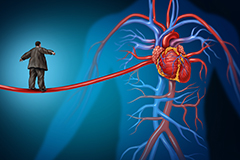
Our research aims at exploring mechanisms and treatment of cardiovascular thrombosis, including acute & chronic coronary syndromes, venous thrombosis and atrial fibrillation. Most emphasis is on antithrombotic therapy, but the project portfolio also includes studies on pathophysiology and diagnostic markers of thrombosis. Also, novel drugs for treatment of e.g. heart failure, hyperlipidemia and diabetes are evaluated.
Key research methods
- Advanced laboratory methods for evaluation of platelet function, coagulation, fibrinolysis, endothelial function, inflammation, and biomarkers.
- Clinical research including investigator-initiated studies and phase II/III trials with pharmaceutical companies.
- Collaborative studies employing nationwide Danish registries.
Contact Erik Lerkevang Grove, Anne-Mette Hvas or Steen Dalby Kristensen for more information.
Clinical research in arrhythmia, CIED therapy and prevention of SCD
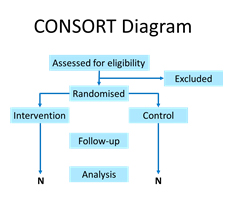
In a research environment integrated with clinical patient treatment, we focus on improving outcomes in patients with cardiac arrhythmia and patients treated with cardiac implantable electronic devices (CIED) as well as preventing sudden death from arrhythmia. Furthermore, we perform studies improving the understanding of the effects of CIED-therapy and catheter ablation.
Main areas and methods
- Conduct of large and small clinical controlled trials, often in multicentre and multinational designs, and with particular interest in CIED therapy and catheter ablation
- Observational studies in national and institutional cohorts
- Experimental animal studies of catheter ablation techniques
Contact Jens Cosedis Nielsen for more information.
Clinical research in patients with atrial fibrillation
Our research focus on the integrated treatment of patients with atrial fibrillation. From screening to treatment incl. patient education og empowerment followed by rehabilitation. We focus on interventions incl. telemedicine.
Key research methods
- Clinical controlled trials
- Screening, treatment, rehabilitation
- Telemedicine
Contact Andi Eie Albertsen, MD, PhD for more information.

CVD in general practice
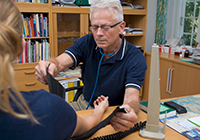
Our research group focuses on handling of patients with CVD in general practice, in particular, we have focus on multimorbidity and mental health.
Our research focuses on patients with CVD from prevention, treatment and rehabilitations. This course includes a range of phases and factors that influence how general practice can play an important role in helping patients to a good life with CVD, by delivering the right care to the right patients at the right time in the most efficient way.
We are also interested in the mechanisms of clinicians and in the organization of health care that influence clinical behavior. We explore how these mechanisms are affected and how new initiatives are best implemented.
Key research methods
- Prevention of CVD in general practice
- Rehabilitation of patients with CVD, especially focusing on mental health
- Research in organizational conditions' influence on an effective treatment of patient with CVD with special focus on multimorbidity and mental health
Contact Bo Christensen for more information.
Heart failure and cardiac metabolism
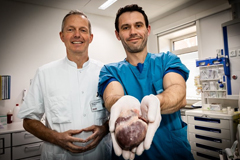
Our research group main focus is heart failure, type 2 diabetes, metabolism and imaging. We are curiously investigating new treatment modalities to optimize the cardiac performance in patients with heart failure. We perform randomized controlled clinical trials in order to investigate the different interventions. The outcomes are assessed with imaging modalities such as PET-scanning, MRI, advanced echocardiography or by invasive hemodynamic measurements.
Key research methods
- Heart failure
- Cardiac metabolism
- Cardiac performance
- Imaging
- Type 2 diabetes
- Skeletal muscle in heart failure patients
Contact Henrik Wiggers for more information.
Genomic Cardiology

- translational research into inherited heart diseases and sudden cardiac death
In a translational research collaboration we are introducing precision medicine into the diagnosis and treatment of inherited heart diseases and sudden cardiac death to improve stratification and timing of health care. This enables exact diagnoses, identification of family members at risk and establishment of treatment to prevent sudden cardiac death especially in children, adolescents and younger adults.
Main areas
- Clinical and molecular genetic studies in inherited cardiac arrhythmias and arrhythmogenic cardiomyopaties
- Experimental studies (zebrafish embryo heart model) in novel ion-channels
- Clinical and molecular genetic studies in aborted sudden cardiac death
- Molecular autopsy in sudden cardiac death
- Aetiologies, prognosis and follow-up in atrio-ventricular block
- Personalized risk assessment in atrial fibrillation
Translational research collaboration with (1) Department of Molecular Medicine, Aarhus University Hospital, (2) Department of Biomedicine, Health, Aarhus University, (3) Department of Molecular Biology and Genetics, Aarhus University, (4) Department of Forensic Medicine, Aarhus University and (5) Department of Public Health, Aarhus University.
Contact Henrik Kjærulf Jensen for more information
Myocardial molecular imaging by PET
We use molecular imaging by PET to measure myocardial perfusion, substrate metabolism and oxygen consumption. Since PET is non-invasive, both patients and healthy individuals can be investigated with minimal perturbation of naturally occurring substrate metabolism. Our aim is to investigate the adaptive and maladaptive cardiac processes caused by metabolic diseases such as diabetes and heart failure, and to investigate the beneficial effects of pharmacological and non-pharmacological cardiac interventions. Combining functional information from PET with morphological information by MRI on our hybrid PET/MRI system enables us to more precisely characterize mechanical cardiac dysfunction.
Key research methods
- Myocardial perfusion measured by 15O-H2O
- Myocardial substrate metabolism measured by 11C-palmitate, 11C-acetate, 11C-hydrobutyrate and 18F-FDG
- Cardiac morphology and functional parameters measured by MRI
Contact Lars Christian Gormsen for more information

Translational Research in Heart Transplantation, Aarhus University Hospital
Main research topics
- Non-invasive diagnostic methods of acute rejection and cardiac allograft vasculapathy in heart transplanted (HTx) patients
- Examination of mitochondrial function and structure in HTx patients
- Medical treatment of cardiac allograft vasculopathy, i.e. PCSK9 inhibition, medication targeted to improve mitochondrial function
- Immunological studies in HTx patients with acute and chronic rejection
- Optimization of the protocol for donation after circulatory death in a porcine model in order to improve numbers of donor hearts in clinical transplantation.
- Epidemiological studies of the significance of socio-economic status and multimorbidity on health care utility and prognosis in HTx patients.
Key research methods
- Clinical cohort studies in heart transplanted patients
- Randomized placebo-controlled double blinded studies
- Epidemiological studies with use of central Danish registries
- Laboratory measurements of biomarkers of cardiac function and biological immune activity
- Comprehensive echocardiography
- Hemodynamic invasive measurements
- Extensive imaging of the coronary artery wall by optical coherence tomography
Contact Hans Eiskjær for more information.
